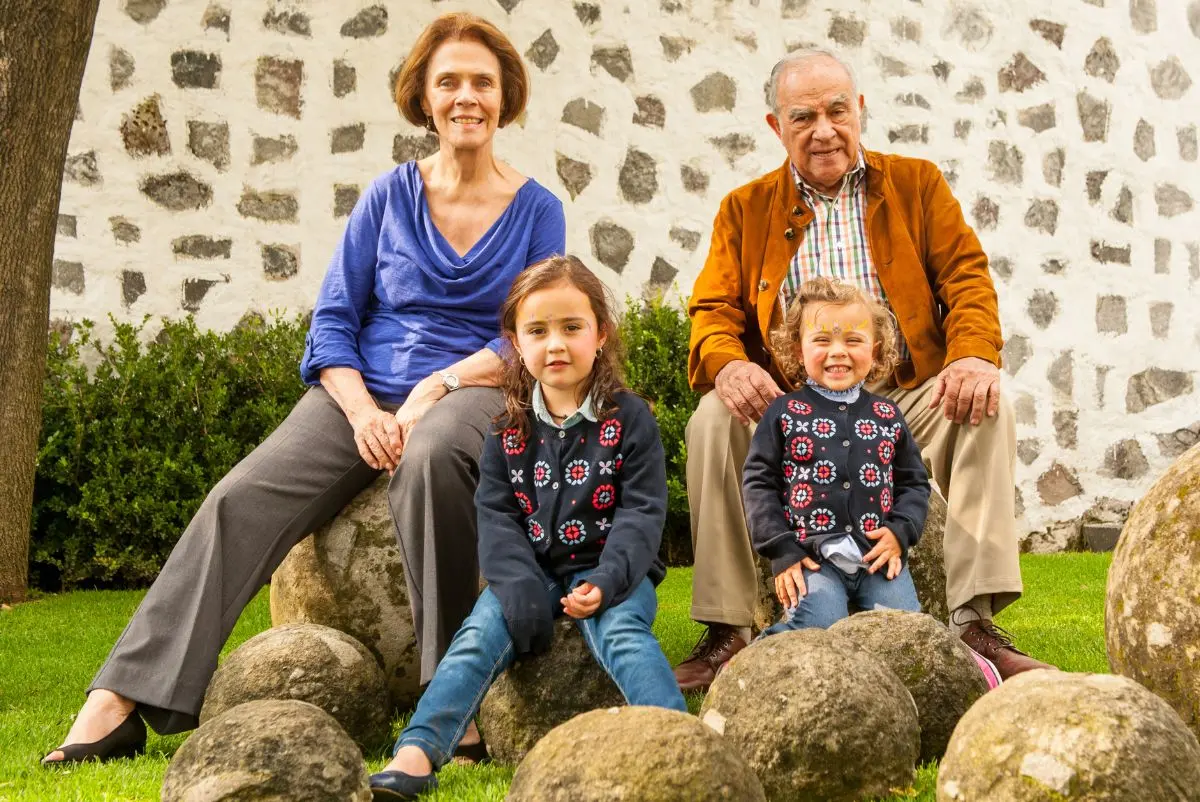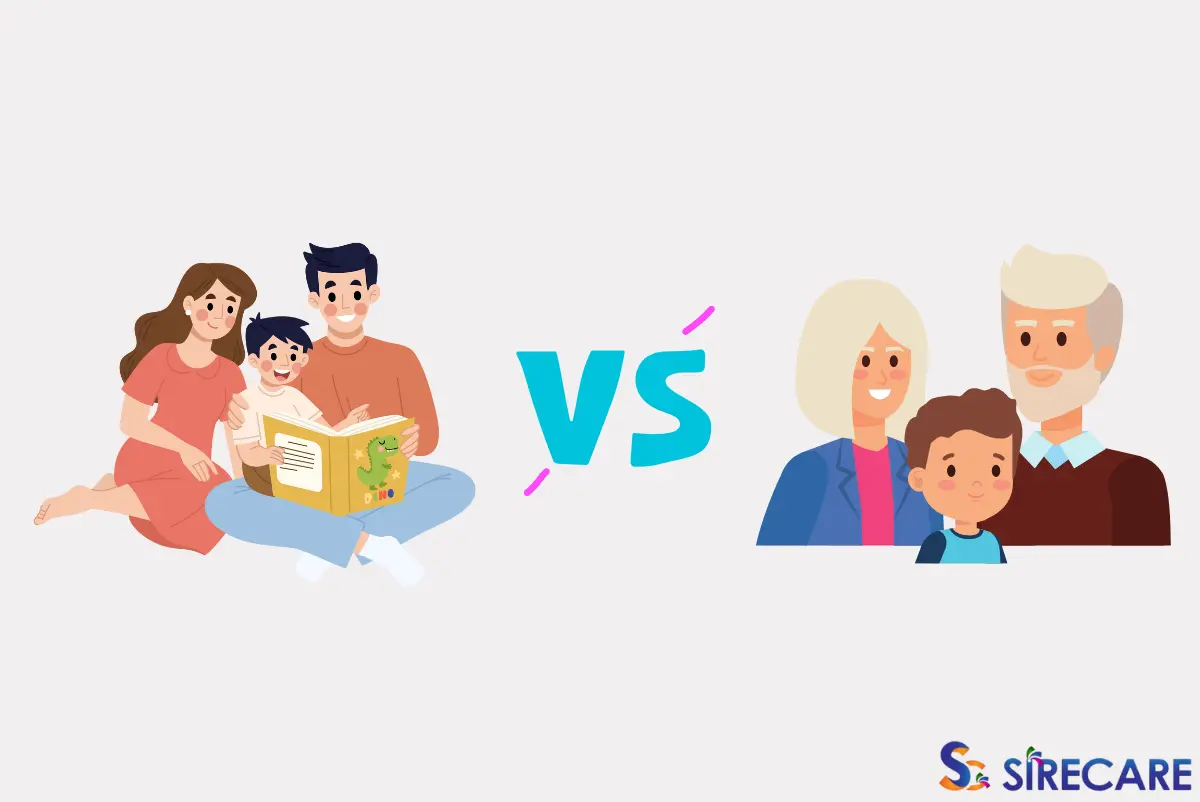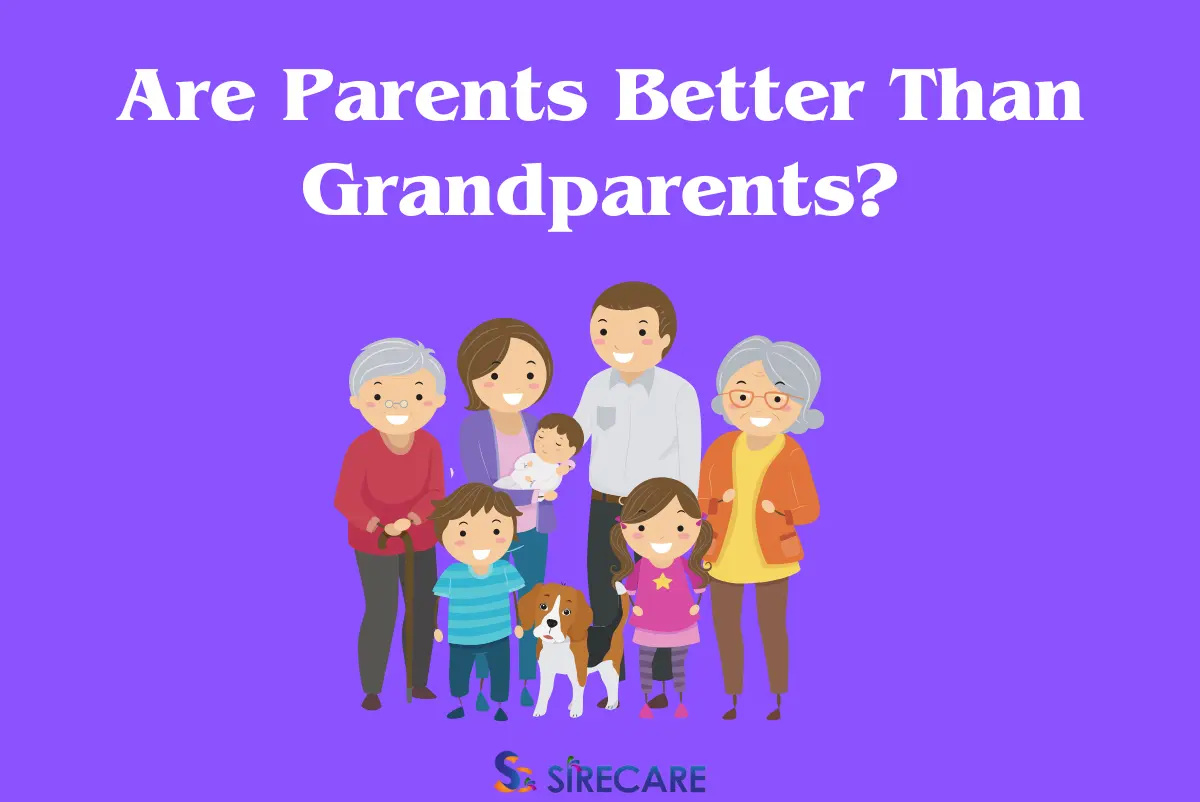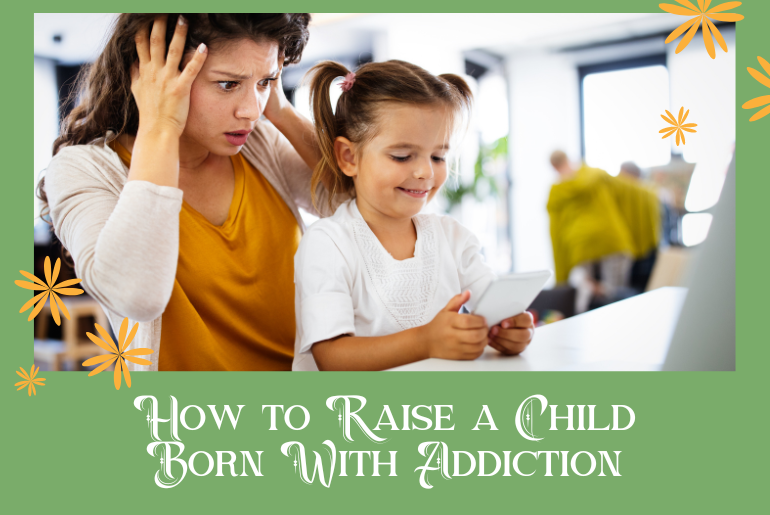The age-old debate of whether parents or grandparents are better at raising children has been a topic of conversation for generations. While both have their unique strengths and weaknesses, it is essential to recognize that each plays a vital role in a child’s life. Are Parents Better Than Grandparents? One cannot label parents or grandparents as better than one another, as both have unique roles and can contribute positively to a child’s life. Today, we’ll talk about the roles of parents and grandparents, compare their parenting styles, and explore the benefits and challenges of co-parenting and multi-generational living.
The Role of Parents
To start off, we need to remind ourselves about the roles of parents:

Nurturing and providing
Parents are typically the primary caregivers of their children, responsible for meeting their basic needs, such as food, shelter, and clothing. They also provide emotional support and guidance, helping their children navigate the complex world around them.
Disciplining and setting boundaries
Parents play a crucial role in instilling discipline and setting boundaries for their children. This helps teach them right from wrong, develop a strong sense of responsibility, and establish healthy relationships with others.
The Role of Grandparents
In the same vein, what are the benefits of having our grandparents around?

Emotional support
Grandparents often provide a strong emotional support system for their grandchildren. They offer a listening ear, a shoulder to lean on, and unconditional love, which can be invaluable during challenging times.
Sharing wisdom and experiences
With their wealth of life experiences, grandparents can share valuable lessons and stories with their grandchildren, helping them learn and grow in unique ways.
The Benefits of Parenting Styles
Parenting cannot be discussed without parenting styles, and they are pivotal to the way families are run:
Authoritative parenting
Authoritative parenting involves a balance between warmth and control. This style is associated with better academic performance, higher self-esteem, and improved social skills in children.
Permissive parenting
Permissive parenting emphasizes warmth and affection, with little control or discipline. While it may foster a strong emotional bond between parent and child, it can also lead to behavioral issues and difficulty with self-regulation.
Authoritarian parenting
Authoritarian parenting is characterized by strict control and discipline, with little warmth. This style can lead to children who are obedient but may struggle with self-esteem and social skills.
The Advantages of Grandparenting Styles
Grandparenting styles tend to be more relaxed and flexible than parenting styles. Grandparents often have the benefit of hindsight and experience, allowing them to pick their battles and focus on building strong relationships with their grandchildren.
The Changing Family Dynamics
As families evolve and change, so do the roles of parents and grandparents. With more dual-income households, the involvement of grandparents in childcare has increased, blurring the lines between parenting and grandparenting roles.
Comparing Parenting and Grandparenting
According to Frontiers, “Grandparental involvement changes the family environment in which children grow”. How so? , let’s compare parenting and grandparenting:

Expectations and pressure
Parents often face societal expectations and pressure to raise their children a certain way, which can lead to stress and anxiety. Grandparents, on the other hand, tend to have more freedom and flexibility in their approach, allowing them to focus on enjoying their time with their grandchildren.
Flexibility and adaptability
Grandparents are generally more flexible and adaptable in their approach to childcare. They may be more open to trying new things and adjusting their methods based on their grandchildren’s needs and preferences.
The Importance of Extended Family
In many cultures, extended family members play a significant role in raising children, providing additional support and guidance. This extended network can help children develop a strong sense of belonging and connection, which is crucial for their emotional well-being.
The Impact of Culture and Tradition
Different cultures and traditions place varying levels of importance on the roles of parents and grandparents. In some cultures, grandparents may be seen as the primary caregivers, while in others, the responsibility falls squarely on the parents. Understanding and respecting these cultural differences is essential in fostering strong family relationships.
How to Foster Strong Relationships Between Parents and Grandparents

To create a harmonious and supportive environment for children, parents and grandparents should maintain open communication, respect each other’s roles, and work together as a team. This collaboration can help provide a stable and nurturing environment for children to thrive.
The Benefits of Co-parenting and Multi-generational Living
Co-parenting and multi-generational living arrangements can provide numerous benefits for both children and adults. These include financial savings, shared childcare responsibilities, increased social support, and the opportunity to build strong intergenerational relationships.
The Challenges of Co-parenting and Multi-generational Living
While there are many benefits to co-parenting and multi-generational living, there can also be challenges, such as conflicts in parenting styles, differing opinions on discipline, and the potential for misunderstandings or miscommunications. It is essential for families to establish clear boundaries and guidelines to overcome these challenges.
The Key to Successful Family Relationships
The key to successful family relationships lies in communication, understanding, and mutual respect. By acknowledging and valuing the unique contributions of both parents and grandparents, families can create a strong foundation for raising happy, healthy, and well-rounded children.
FAQs
Is it better for children to be raised by their parents or grandparents?
There is no definitive answer to this question, as both parents and grandparents can provide unique and valuable support for children. What matters most is creating a nurturing and supportive environment for the child to grow and develop.
How can parents and grandparents work together to raise children?
Open communication, mutual respect, and collaboration are essential for parents and grandparents to work together effectively in raising children.
What are some challenges of co-parenting and multi-generational living?
Some challenges include conflicts in parenting styles, differing opinions on discipline, and potential misunderstandings or miscommunications.
How can families overcome the challenges of co-parenting and multi-generational living?
Establishing clear boundaries, and guidelines, and maintaining open communication can help families overcome the challenges of co-parenting and multi-generational living.
What role does culture and tradition play in the roles of parents and grandparents?
Culture and tradition can significantly impact the roles of parents and grandparents, shaping the expectations and responsibilities placed upon them. Understanding and respecting these cultural differences is essential in fostering strong family relationships and ensuring a supportive environment for children.
Why do children prefer grandparents over parents?
Children may prefer grandparents over parents because grandparents often provide a more relaxed and nurturing environment, with fewer rules and expectations. Additionally, grandparents may have more time to spend with their grandchildren, creating a strong emotional bond.
What are the advantages of grandparents as parents?
Some advantages of grandparents as parents include their wealth of life experiences, wisdom, and patience. Grandparents may also have more time to dedicate to their grandchildren, allowing them to focus on building strong relationships and providing emotional support.
What are the disadvantages of grandparenting?
Disadvantages of grandparenting may include potential conflicts in parenting styles, difficulty keeping up with modern parenting practices, and the physical challenges of caring for young children as they age. Additionally, grandparents may face emotional stress if they are the primary caregivers of their grandchildren.
Why is being a grandparent so special?
Being a grandparent is special because it provides an opportunity to build deep and meaningful relationships with grandchildren, share valuable life experiences and wisdom, and enjoy the rewards of watching a new generation grow and thrive, all while having a more relaxed and flexible role compared to parenting.
Conclusion
So, Are Parents Better Than Grandparents? Ultimately, the answer lies in the unique blend of love, support, and guidance that both parents and grandparents provide. While their roles and approaches may differ, they each play an integral part in a child’s upbringing. When parents and grandparents work together, they create an environment where children can flourish and reach their full potential. In the end, it’s not about determining which is better, but rather, recognizing the value that both parents and grandparents bring to a child’s life. It’s about cherishing the special moments, celebrating the unique bond between generations, and fostering a deep sense of belonging within the family.

I am Christiana Williams, a multitasking sociologist and proud mama of three. With a passion for exploring the complexities of modern parenting, I bring my unique perspective and expertise to the table. As a seasoned parent and seasoned sociologist, I have a wealth of knowledge and experience to share. From the ups and downs of raising a family to the latest research on child development, I am on a mission to help other parents navigate the joys and challenges of parenthood. Get ready to be inspired, informed, and entertained as I share my insights and adventures as a parent.




